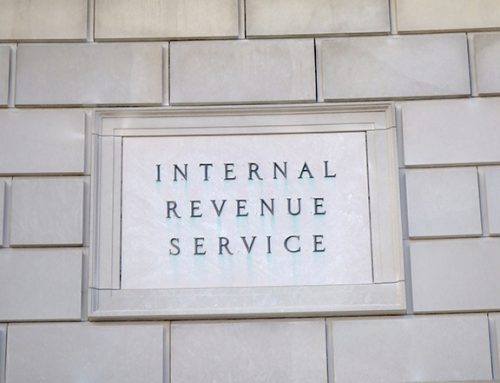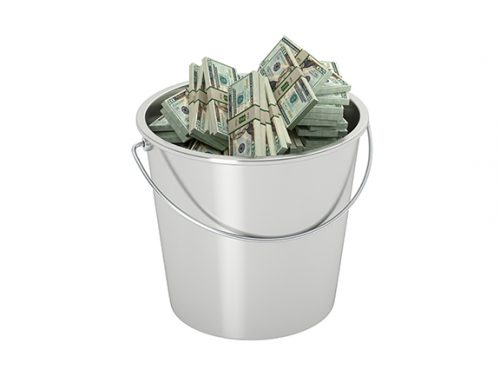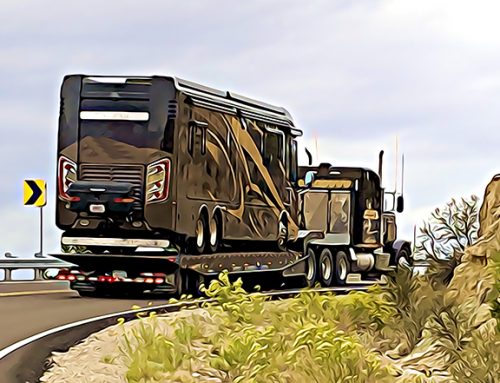By Ryan Hanlon
We have discussed the advantages of becoming your own lender by borrowing against the earned and unearned premiums generated by your reinsurance company. You can work with your reinsurance provider to determine when and how much to borrow and, depending on the provider, earn the interest on the loan.
Another critical advantage is the fact that, because you are borrowing from yourself, you can do so without affecting your credit profile or your ability to obtain financing from third-party lenders if the need or opportunity arises.
This is the power of off-balance sheet financing. Let’s discuss the what, why and how.
What Is Off-Balance Sheet Financing?
Off-balance sheet financing helps businesses of all kinds maintain a favorable debt-to-equity ratio. Off-balance sheet items could include any number of assets and liabilities, including operating leases and partnerships.
For the purposes of this discussion, let’s say you want to buy property adjacent to your dealership to expand your footprint and, ultimately, sell and service more RVs. If you borrow the money from a bank, three things are likely to happen:
- The bank will run a credit check.
- The loan balance will appear on your credit profile.
- A lien will be recorded.
If you borrow the money from your reinsurance company, none of those things will happen. In a true third-party structure, you own your reinsurance company — it does not belong to your dealership, your provider or any other third party.
Why Would I Not Include a Loan From My Reinsurance Company on My Balance Sheet?
There are two reasons: You wouldn’t want to and you aren’t required to.
If you take a loan from your reinsurance company and then seek additional financing from a third party, your ability to get approved on favorable terms depends largely upon your debt-to-equity ratio. Listing that liability can only be a negative.
Moreover, there is no requirement that says you have to tell third-party lenders how much of your own money you put into your business.
How Do I Leverage This Power?
First and foremost, you have to understand your options. All reinsurance providers are not created equal. If you are new to reinsurance or have yet to take a loan from your reinsurance company, you need to know two things:
- Whether you actually own your reinsurance company: A direct or retrospective (a.k.a. “walkaway”) program can be the right fit for some RV dealers, but you have to be in a reinsured third-party administrator program to become your own lender.
- How loans are structured: If you do own your reinsurance company, depending on your provider, loans from your reinsurance company may incur fees, require clawback provisions or direct the interest to your provider. These are all characteristics of a loan program, and participation therein may not qualify as an off-balance sheet item.
All this goes to show how critical it is to keep your legal, financial and tax experts in the loop. Providers that discourage you from involving your trusted advisors in your reinsurance decisions are more likely to steer you into a less advantageous structure.
Are you ready to form your first reinsurance company? Do you have questions about your current program or borrowing power? We are always available for a quiet, confidential conversation, so feel free to contact us today.
Ryan Hanlon is a managing director for Portfolio, a leading provider of reinsurance and F&I programs for RV dealers, and a 16-year industry veteran. For more information or to schedule a confidential consultation with a Portfolio reinsurance expert, email inquiry@portfolioco.com today.










